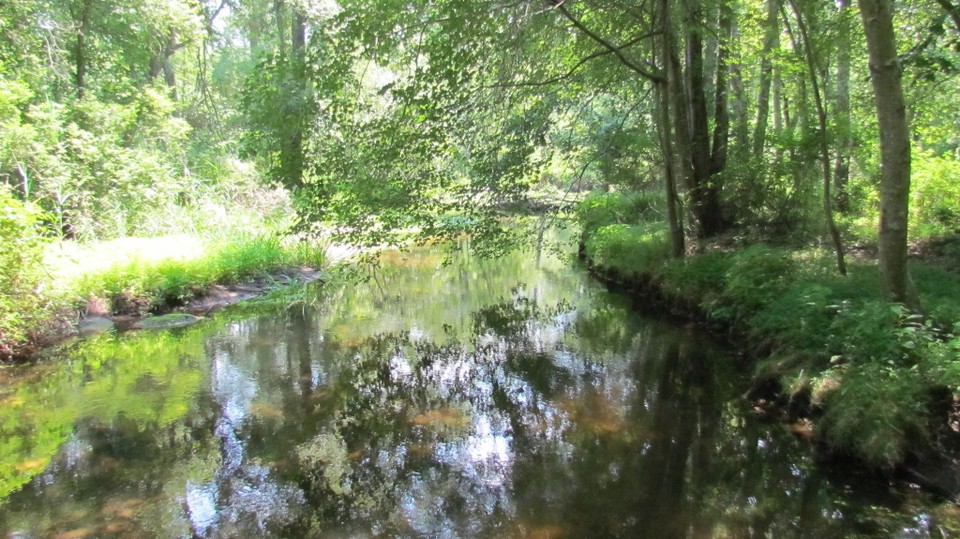Preserving Land to Protect Water
Preserving land and ensuring it will never be developed protects our water.
Intact forests and wetlands are critical to protecting water for people and wildlife. Forested land acts like a sponge, helping rain water seep into the ground and replenish water supplies. Without the forest, more rainwater would flow directly into waterways, washing soil and pollutants with it.

When forests are converted into development, less water seeps into the ground while more water is pumped out. More development may also generate more contaminants that degrade waterways.
Preserving land and ensuring it will never be developed protects our water quality and quantity. Acquiring land for preservation also provides an opportunity to implement good land management, conserve and restore important natural resources, and offer low-impact recreation and educational opportunities for the public.
Preserving agricultural lands is also beneficial because it ensure these lands will stay in farming and provides opportunities to implement best management practices.
